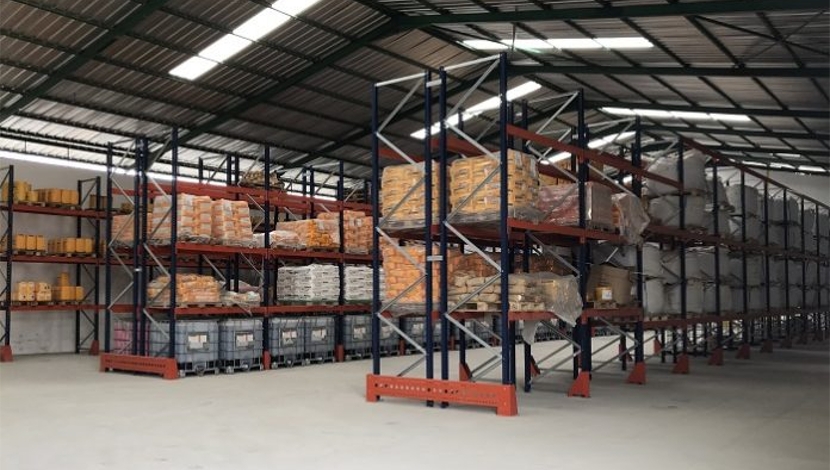
Supposed top-flight, high-priced concrete training workshops that are being actively marketed to the concrete industry are often not worth the time or paper they are written on.
A growing number of these workshops are being offered within the industry but contain information that is irrelevant to the local market and not recognised by any of the local industry’s representative bodies. Although not illegal, the type of information being presented may be counter-productive or even harmful to the industry and can have a negative effect on the quality of concrete produced in future.
A personalised email invitation recently pricked the curiosity of, Johan van Wyk, general manager of the Southern Africa Readymix Association (Sarma), who found the terminology and several inaccuracies in the marketing material he had been sent and as a result decided to investigate further.
False claims
Upon closer investigation, the workshop offered by a foreign media house operating from Randburg, was found to be using the names of at least two well-known professionals who had not even heard of the workshop until then. In addition the course claimed to offer continuing professional development (CPD) points through a professional institution, which, when approached by Johan knew nothing of the workshop, nor its contents etc.
“I became suspicious when I saw the terminology being used. Some of the sample material they sent was completely incorrect while other information was clearly designed for cold climates that are completely unlike any conditions we have in Southern Africa. Yet, even after confronting them with this information they still continue to market this workshop.
“We suggest that instead of spending money on seemingly impressive, well-marketed courses, we advise to first check with the industry body that represents their sector (of the concrete industry) to find out if the concrete courses on offer will be of any value. The cost of a phone call may well save thousands of Rands in useless training,” says Johan.
Up skilling the industry
In addition, professional bodies, such as Sarma provide industry specific workshops on a wide range of topics annually. Requests can also be made (where relevant) for workshops to be organised and may be hosted by either the association, or by an accredited training provider. The workshops are affordable as they are not driven by profit and attendance.
In most cases it is advisable to seek technical training (product specific) from local suppliers. Apart from the vastly differing building techniques employed in South Africa compared to places such as the USA or Europe, geological and climatic conditions are also vastly different. What works overseas may not work here and may not even be legal.
South Africa has some of the world’s most accomplished concrete professionals and local industry bodies and training authorities have a wealth of expertise (and experience) to call upon when compiling local training programs and schedules. They also understand our conditions, by-laws, standards and best practices better than anyone else.
Making sure
“Sarma is 100% behind bringing new technologies and expertise from abroad to South Africa, at the same time we would also like to caution the industry against forking out money to just anybody that happens to offer a workshop.
Before doing so we would strongly suggest that anyone interested in attending a course first do some research to find out if it is legitimate. Just like you will investigate any new supplier, we suggest companies also investigate workshop and training providers,” concludes Johan.
Sarma, Johan van Wyk, Tel: (011) 791 3327, Fax: 086 647 8034, Email: [email protected], Web: www.sarma.co.za





